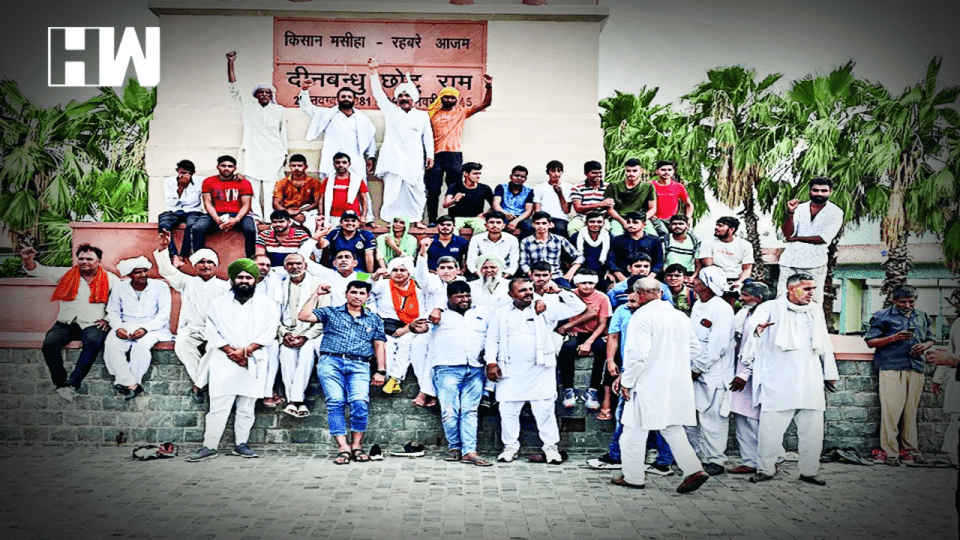Khaps, Farmer Unions and student organizations to unanimously oppose the freshly launched military recruitment scheme.
Chandigarh: Issuing an open challenge to the government’s freshly reformed military recruitment scheme, Khap panchayat leaders, farmer union representatives and student organizations declared today that they will isolate the families of youths who apply under the Agnipath scheme to join the Armed forces.
The groups came to the decision that a public boycott will be in effect on politicians from the BJP-JJP coalition, and officials from corporate organizations that have been in favor of the freshly launched military recruitment scheme.
The centre-launched scheme called ‘Agnipath ’provoked violent demonstrations and protests across the country this week. The scheme that was recently reformed only offered 4 years of service, with no pension or post-tenure benefits.
On Wednesday spokespersons of various Khaps, leaders from student organizations, community leaders from Rajasthan, Himachal Pradesh, and Haryana met at Sampla Town in Haryana’s Rohtak district to discuss the issue.
Om Prakash Dhankar, leader of the Dhankar Khap, who took chair of the meeting, announced, “We will try to socially isolate those who apply for this recruitment. We are boycotting this scheme which wants young people to be hired as laborers in the name of being an ‘Agniveer’.” Asked if this amounts to a boycott of the applicants, he said, “We are not using the word ‘boycott’ for them, but the community will keep a distance from such people.”
The leader demanded that cases filed during the riots must be withdrawn as soon as possible.
Sources from the Khaps declared that an indefinite sit-in will be effective at Chhotu Ram Dham in Sampla.
He requested supporters from across states to be in attendance and express solidarity against the scheme.
As an independent media platform, we do not take advertisements from governments and corporate houses. It is you, our readers, who have supported us on our journey to do honest and unbiased journalism. Please contribute, so that we can continue to do the same in future.


